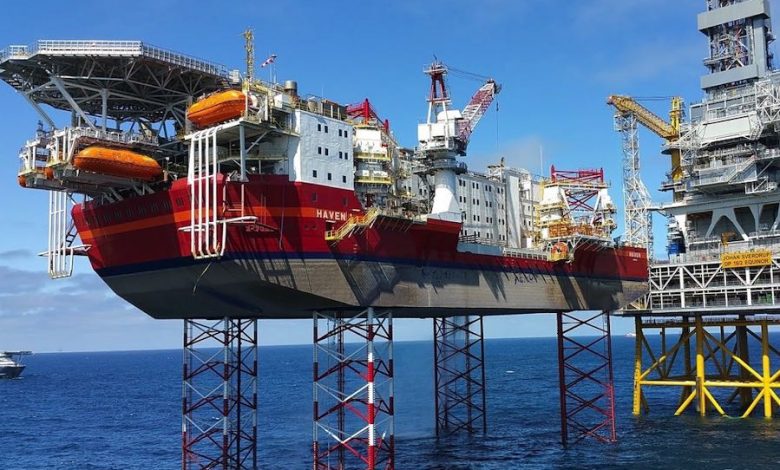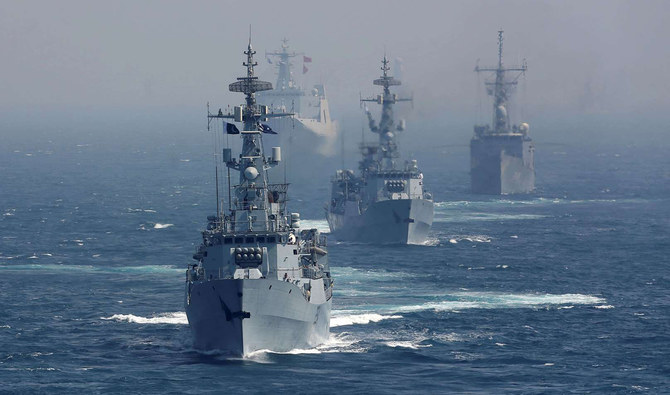
Tokyo Port waives fees for LNG and hydrogen-powered ships
To promote greater use of LNG and hydrogen fuels in the maritime sector, the Tokyo Port is waiving port entry fees for LNG and hydrogen-powered vessels.
The waiver will take effect on April 1 and will last for the next five years, until March 31, 2026.
The neighboring ports of Yokohama and Kawasaki, according to the Tokyo metropolitan government, will also join the initiative to waive entry fees for LNG-powered and LNG bunkering ships. Japan has been driving LNG bunkering ventures forward.
Tokyo Bay and the Port of Yokohama are aiming to become the world's leading LNG bunkering hubs.
Ecobunker Tokyo Bay, a multi-bunkering vessel capable of both ship-to-ship LNG and VLSFO bunkering, was launched by Fukuoka Shipbuilding in August of last year.
In October 2020, Kaguya completed its first ship-to-ship LNG fuel supply, signaling the start of the LNG bunkering sector in the Chubu area.
This year, further advancements in the field are expected to be revealed. Petronas Trading Corporation (Petco) and Sumitomo Corporation signed a contract for LNG bunkering in Malaysia and Tokyo Bay, Japan in February 2021.
Petronas Marine, a subsidiary of Malaysian energy giant Petronas, has signed a memorandum of understanding with Sumitomo to jointly market and supply LNG and related services.
According to SEA LNG, LNG can now be supplied to ships in 96 ports, including the majority of the major bunkering ports, with another 55 ports in the process of promoting LNG bunkering investments and operations.
There are 12 LNG bunkering ships in operation as of January 2020, with another 27 on order and/or undergoing commissioning, with the remainder scheduled to enter service within the next two years.
Maritime Business World




YORUM KAT